Detroit People’s Food Co-op: How to Advance Black Food Sovereignty
NonProfit Quarterly
OCTOBER 9, 2024
Image credit: Steve Dubb Food is the cover story. Malik Kenyatta Yakini, Up & Coming Food Co-op C onference panel September 15, 2023 There is a wave of food co-ops opening in majority-Black communities, as NPQ has covered. But organizing a food co-op is not easy. The real story is Black self-determination.

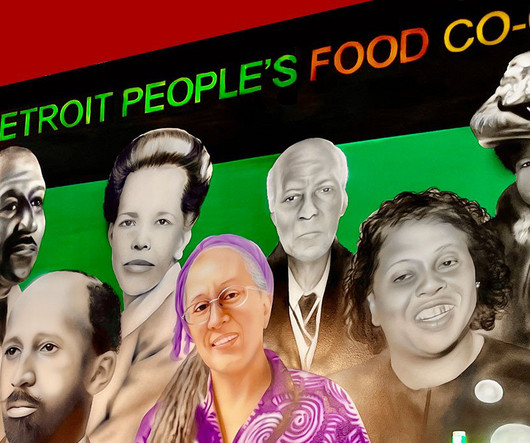
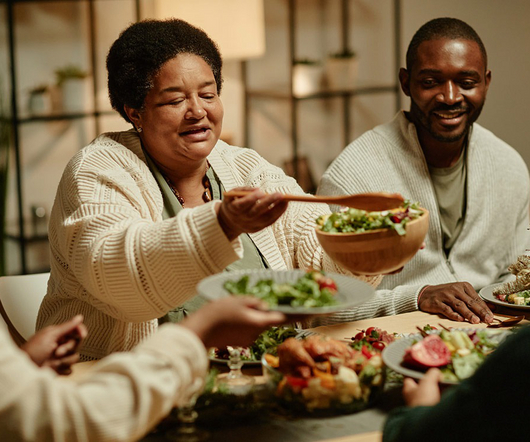




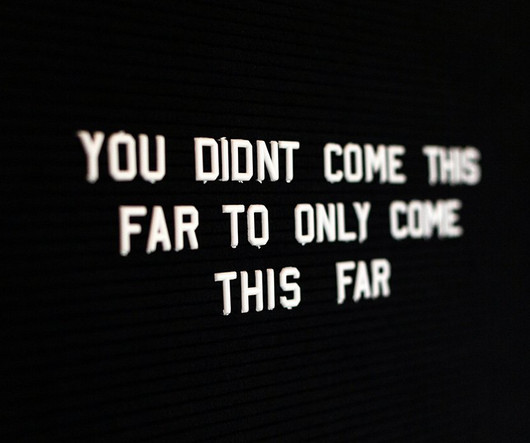


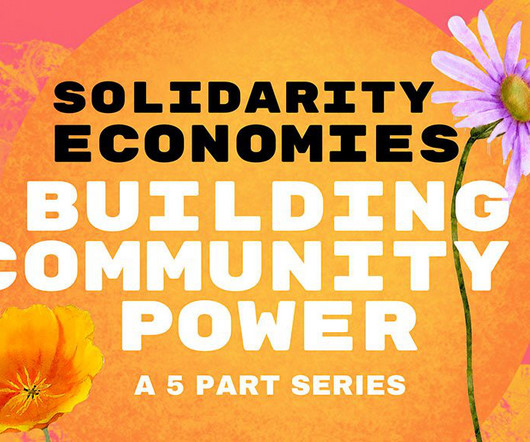
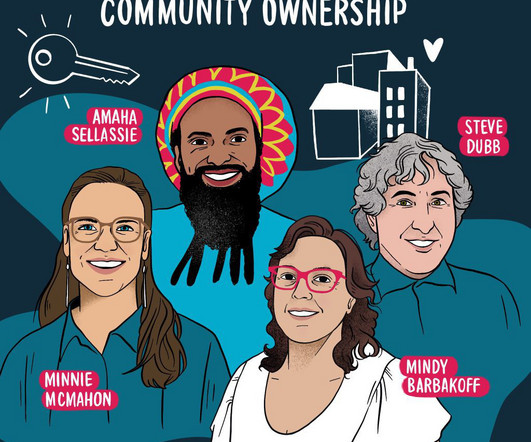

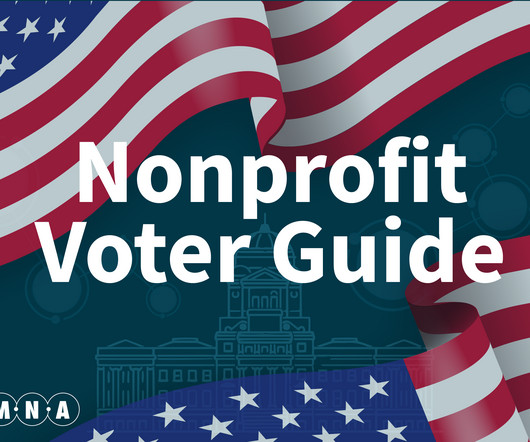






Let's personalize your content